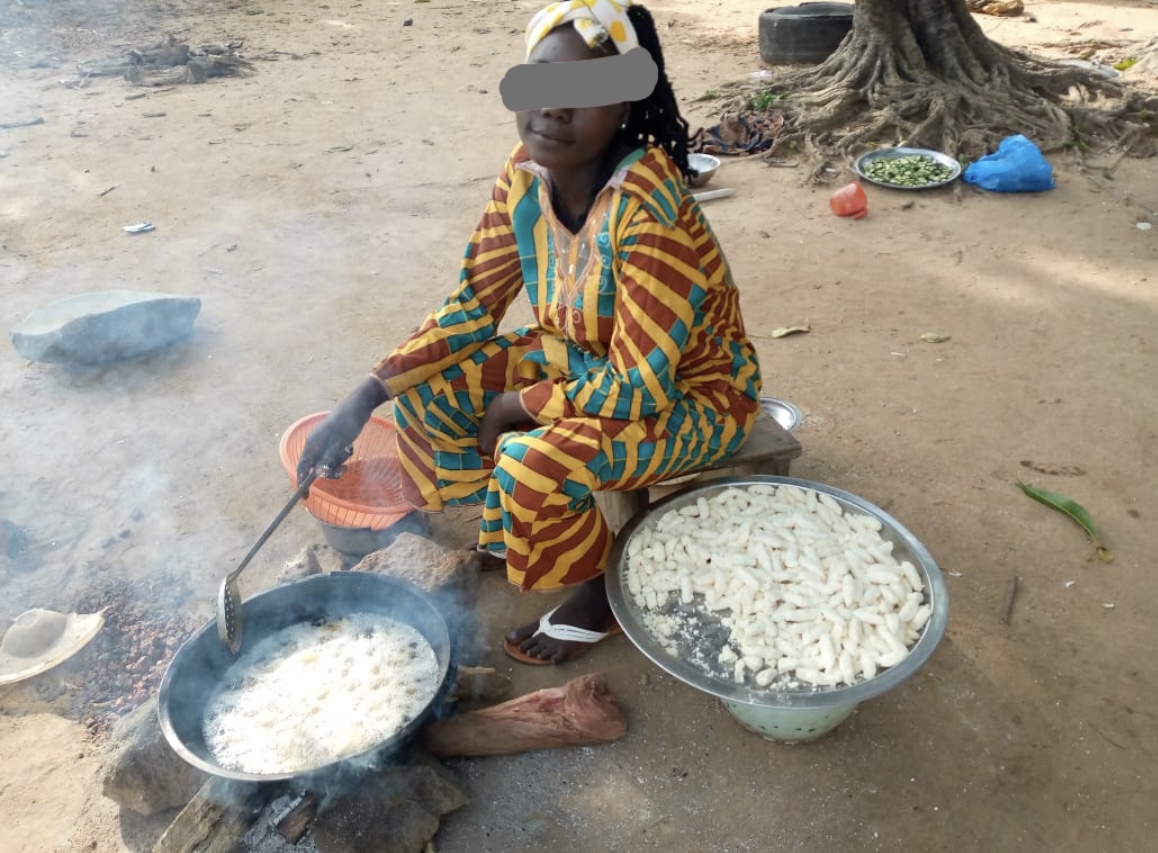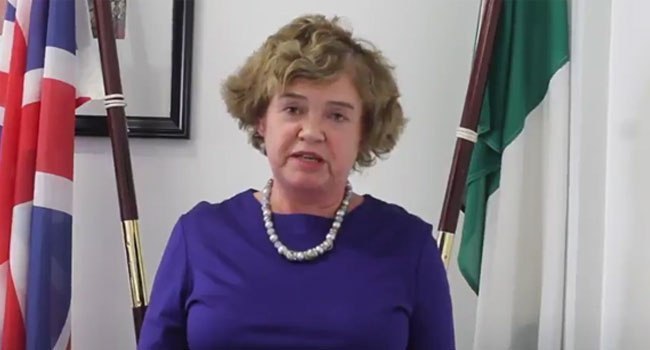It was afternoon and the scorching sun raged endlessly. Abigail Danjuma with four young girls could be seen engaged in their daily business under a tiny tree outside her house in Dama Bazhekpa, a village in Bosso LGA of Niger state, north-central Nigeria.
Some of the girls were making their hair while others were molding crumbs of cassava, pouring them lavishly into the hot pan of groundnut oil as they stirred and directed air to the weak flames heating the frying pot.
Abigail looked like she was enjoying the work. She smiled sheepishly as she responded to questions from the reporter. The 16-year-old girl started living with her uncle after the deaths of her parents. Her father died a long time ago; she couldn’t recollect the date. Her mother died in a car accident when she was returning from a church convention in December 2017.
A year after Abigail lost her mother, she dropped out of school. She said she could not comprehend the lessons taught in the class. At that time, she had just completed primary six at the Government Primary School at Gidan Kwano — a village about 38 minutes trek from Dama Bazhekpa.
Advertisement
“I told my uncle I could not continue going to school because I was not just getting anything taught in the class. It was very difficult for me; so, I thought I was not just knowledgeable and I had to stop going to school,” she said.
“Before then, I repeated class many times. No, my teachers never stressed us or took us to farms to work. I dropped out of school because I was not intelligent. I felt like my uncle was struggling too much and wasting money by sending me to school.
“I think about my mother every day. I am still very sad about her death. Every time I see other students answering questions in class. Some are friends with the teachers but I felt like nothing. I don’t think school is for children like me.”
Advertisement
After abandoning school, she started following her aunties to the farm and selling fried morsels of cassava in her village.
“I don’t know why I am not learning. I don’t understand,” she said, looking sad.
A YOUNG GIRL’S PREDICAMENT
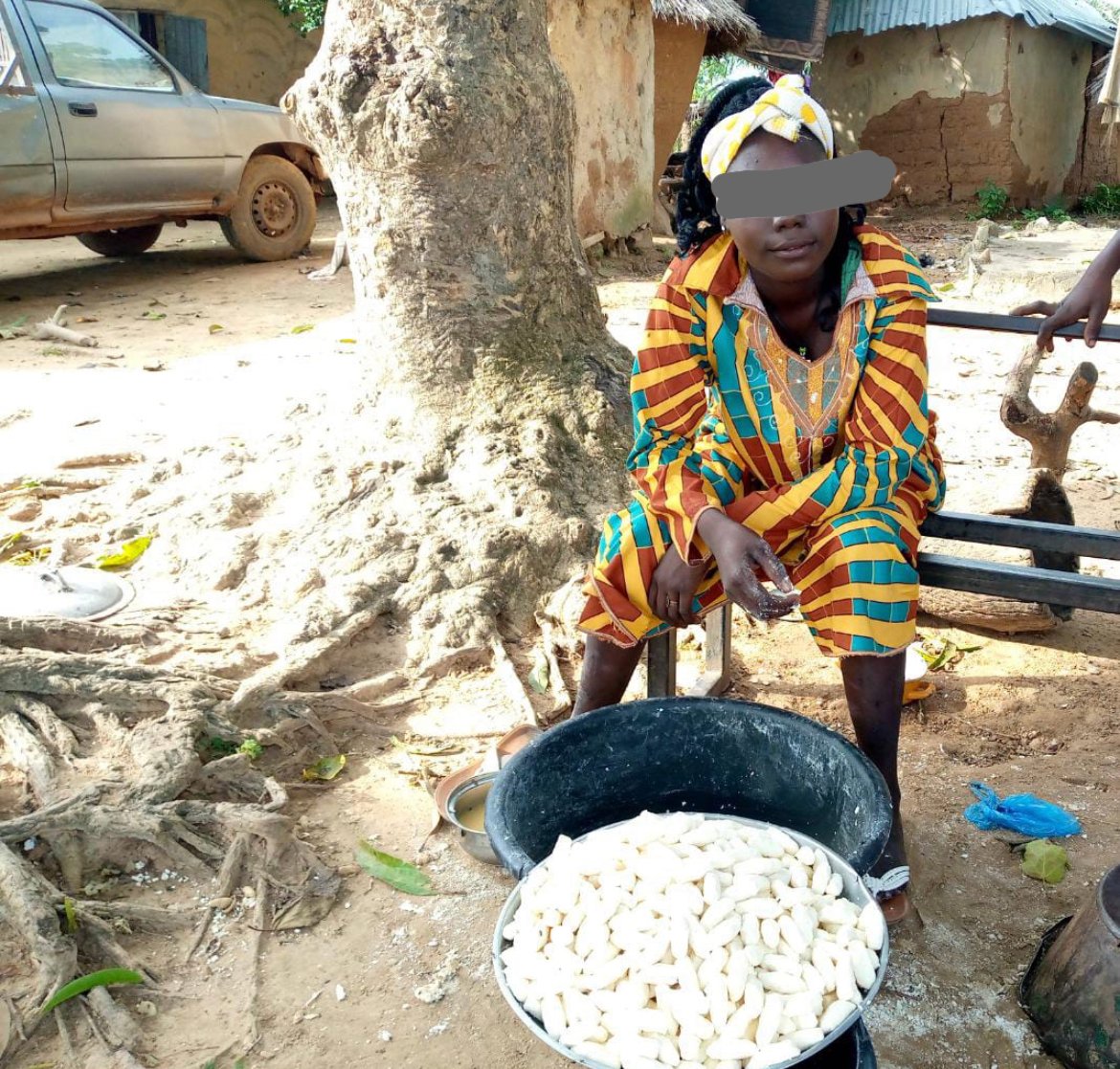
Speaking on Abigail’s situation, Mary, her aunty, said the girl had difficulty understanding things taught in the classroom. She said the young girl had always been like that, but the situation worsened after her mother’s death.
Advertisement
According to Mary, Abigail’s uncle, a farmer, usually struggled to pay her school fee. Yet, he was unmoved as he wanted her to be educated. But Abigail has refused to return to school.
“She came back from school one day and informed us that she was not going back again. We all laughed at her and when we asked why, she said she was unable to learn in class. She remained firm on her decision and she has been staying at home ever since,” Mary said.
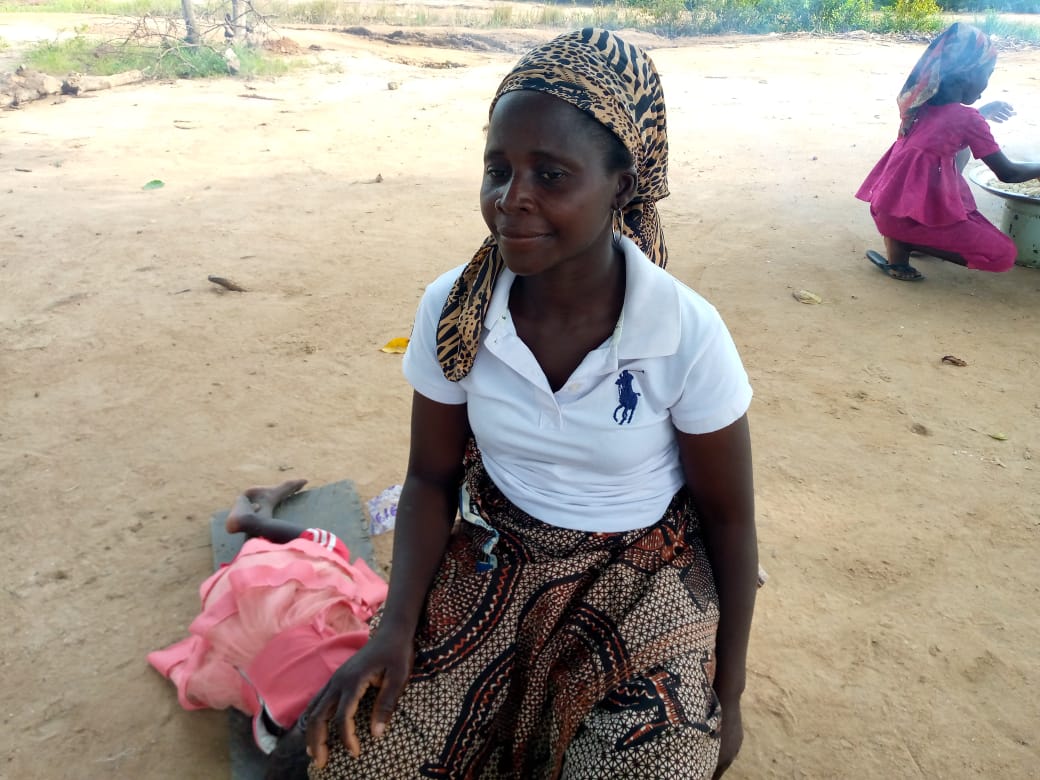
“I know she has been very sad ever since her mother died and she avoids talking about it. Maybe that is the reason why she is not learning in class. Maybe she is not intelligent as she said.”
SARAYA CHOSE MARRIAGE OVER SCHOOL
Advertisement
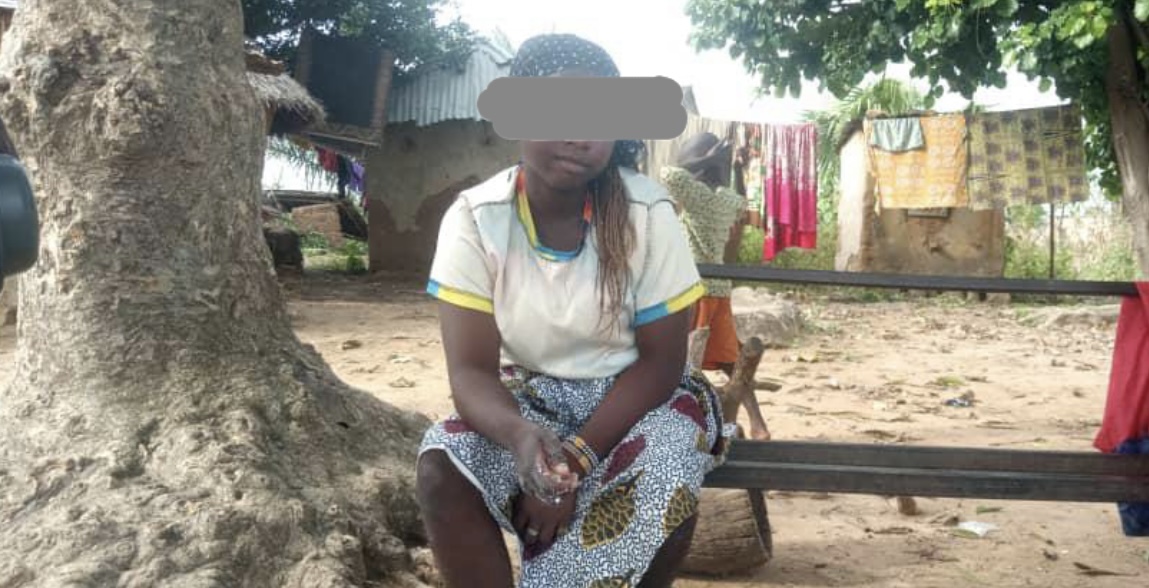
Unlike Abigail who left school because she could not cope in class, 17-year-old Saraya Peter dropped out after she completed junior secondary school to get married.
For the two years she has been out of school, Saraya engaged herself in petty trading, selling grains and other food items at the market with profits of N2,000 to N3,000 daily.
Advertisement
In the case of Naja’atu Musa, the financial hardship her family was facing forced her out of school. The 15-year-old girl said her mother is a full-time housewife, while her father works as a truck driver.
“I actually want to go to school, but my father said there is no money now,” Naja’atu said.
Advertisement
“I completed junior secondary school two years ago at Ahmadu Bello Secondary School, Minna. I am currently living in Dama with my grandmother. I came here from Bosso to look after my old grandmother.
“I have been following my friends and neighbours here to the farm. I have also made some money while helping them to harvest and prepare farm produce. Honestly, I don’t know if I will ever go back to school again, that depends on my parents’ decision.”
Advertisement
70% OF SCHOOL CHILDREN IN NIGERIA NOT LEARNING
The United Nations Children’s Fund (UNICEF) had earlier said that 70 percent of school children in Nigeria are not learning.
With over 10 million out-of-school children in the country, UNICEF said there is a need to include the ones who are not learning to the number of out-of-school children to improve learning outcomes in the country.
In January 2020, TheCable reported that President Muhammadu Buhari expressed concern over the number of out-of-school girls in Nigeria and promised that his administration would sustain efforts to end child marriage and improve girl-child education in the country.
From 2020 till date, out-of-school girls are still up 60 percent of the over 10 million out-of-school children in Nigeria, according to UNICEF.
Recently, the Niger state universal basic education board (SUBEB) revealed that there are about 743,056 children who are not going to school in the state. Though insecurity exacerbated the figure, there are many young girls like Abigail who needed special attention but had to drop out of school because they were unable to learn like the rest of the children.
Recently, Geoffrey Njoku, UNICEF communications specialist in Kano, had said that enrolling teachers in proper training will help in strengthening the education system in the country, adding that learning fundamental skills should be prioritised.
“So, it is high time we focused on learning by revamping the education system through teachers’ training, changing the curriculum, and changing the narrative through quality education,” he said.
“It is clear that to improve learning outcomes in Nigeria, achieving basic foundational skills at that level of learning cannot be overemphasised.
“So, we need to mobilise stakeholders to join forces in addressing the challenges of eradicating learning poverty in the country.”
Karimot Odebode, the founder of the Black Girls Dream Foundation, said children who are not learning in schools should be specially attended to by well-trained teachers or counsellors who could help them kindle their interest in education.
Odebode said parents need to understand that children are not the same and should not be faulted for their inabilities, adding that comparing them to another could result in serious low self-esteem and heightened learning difficulty.
“There are peculiarities in children growing up and we have kids that learn very fast; some children try as much as possible to catch up with their mate. In this case, we should understand that it is never the fault of these children that are living with learning disabilities,” she said.
“The number one thing that we should do to help these children is to be able to diagnose them for the kind of learning disability so that we can know how best to help them. If we don’t know what the issue is, we can’t find the solution to it and there are a whole lot of learning disabilities.
“Another way to help these children is to train the teachers to be able to identify those that have difficulty in learning. Most times, we see teachers beating students because they got low marks in a particular subject or because they are not responding as fast as their colleagues.
GIRLS’ EMPOWERMENT THROUGH SKILLS
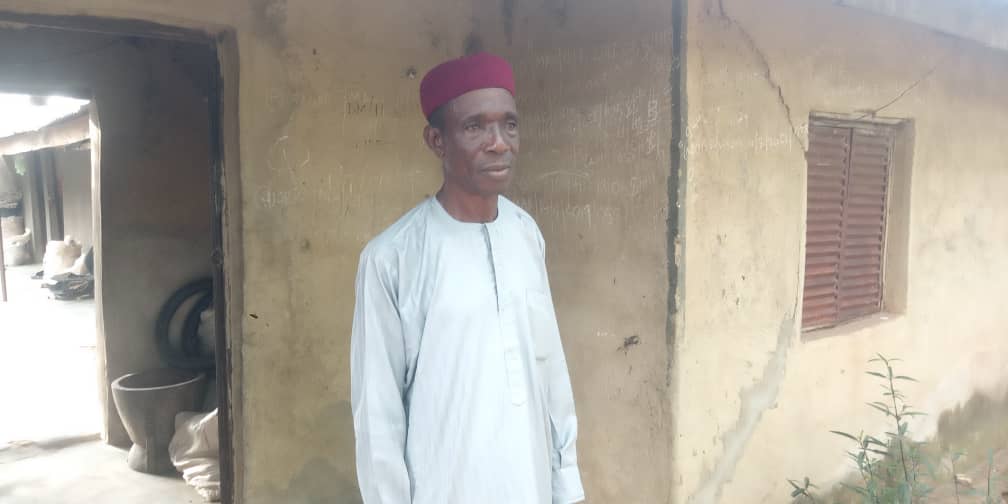
Speaking on the issue, Usman Shaaba, the district head of Dama Bazhekpe, said more young girls are dropping out of school in the community than boys.
According to Shaaba, many of the girls are discouraged by the distance of the school to their homes, adding that some of them are forced to get married when they receive no support from their parents who are mostly uneducated and don’t consider education important in the life of the girl child.
“It could be as a result of financial challenges. Some of them will start going to school, but along the line, they will just withdraw by themselves,” he said.
“The best thing is for the government to find another alternative that will support them like technical skills to empower these young girls who dropped out of school.”
Without psychological and financial support, girls like Abigail and Suraya will continue to opt out of classrooms for a world of uncertainty where their dreams are not guaranteed.
Add a comment
